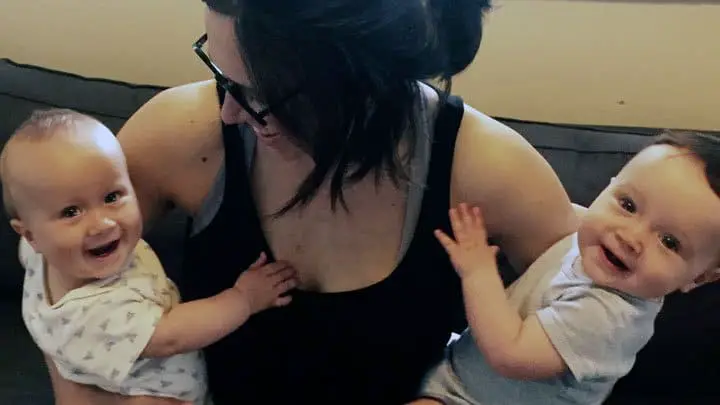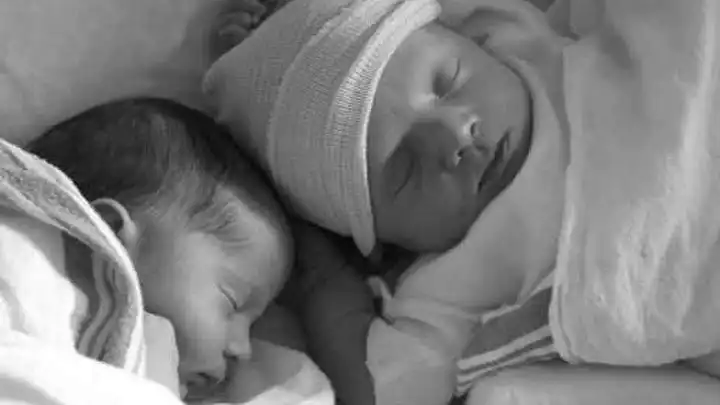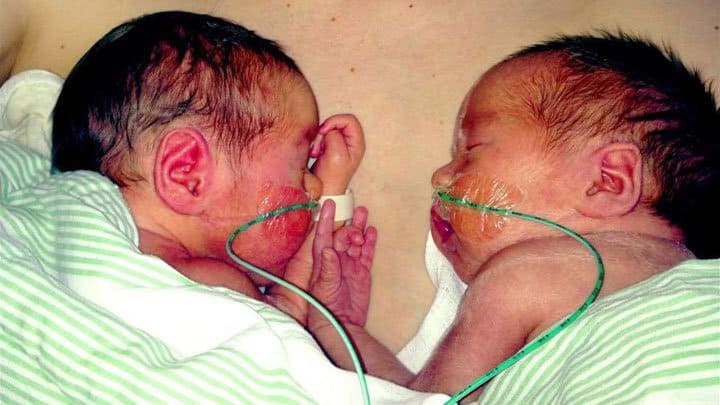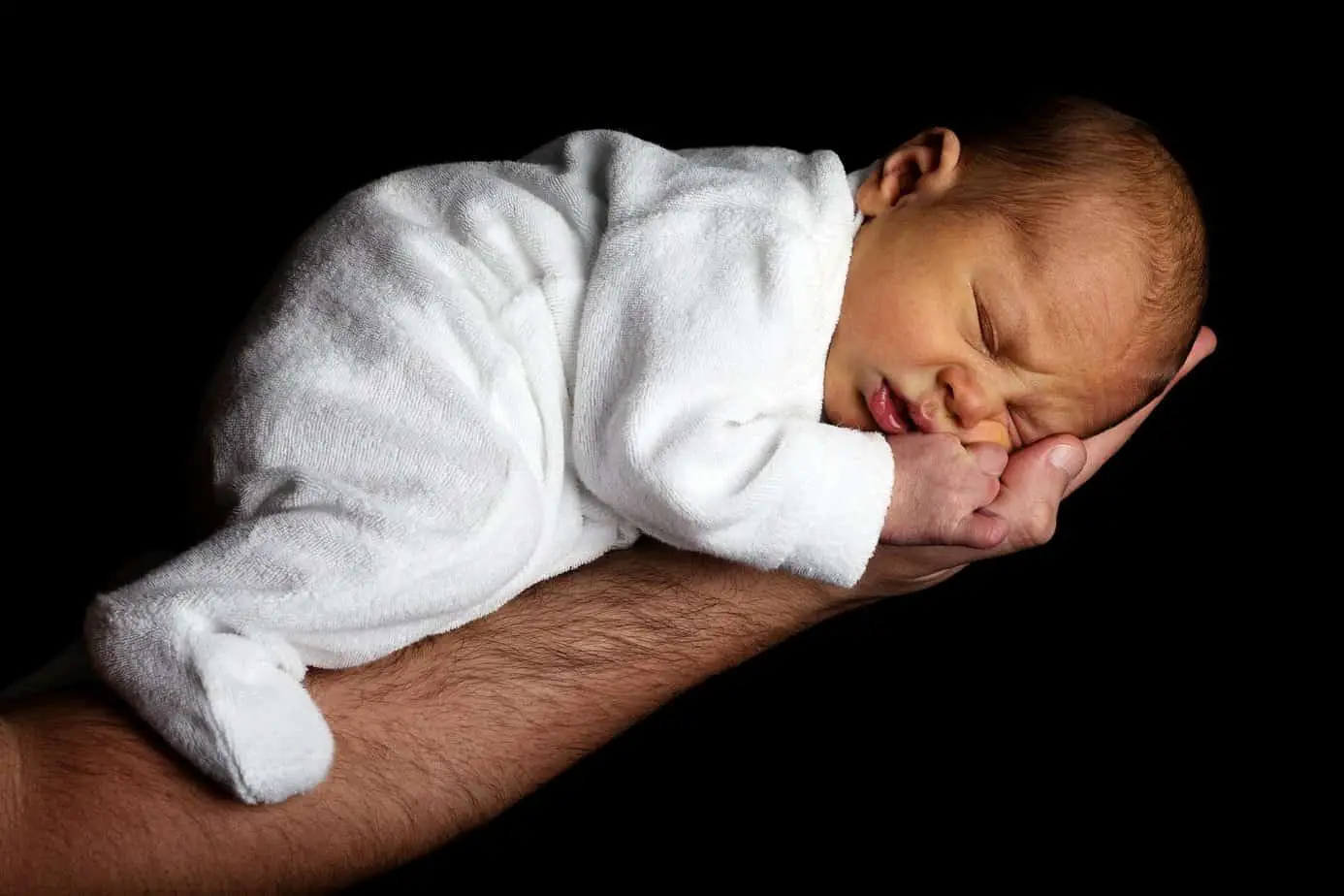Twins Born at 35 Weeks: What to Prepare For
Your babies are considered born preterm if you give birth before 37 weeks of pregnancy is completed (37+0 weeks). Twins born at 35 weeks are considered moderate to late preterm, which means that you’ve hit a major milestone.
They’re no longer considered born very preterm. This is according to the World Health Organization (WHO), who subcategories preterm birth based on gestational age.
extremely preterm (<28 weeks)
very preterm (28 to <32 weeks)
moderate to late preterm (32 to <37 weeks)
What happens to twins born at 35 weeks?
Twins born at 35 weeks may not need any medical treatment. They may be able to go straight to the maternity ward with you. In most cases, they’re now able to breathe by themselves.
The main thing they need to do at this point is to grow and gain weight. They may need help with feeding, but not necessarily. The staff at the hospital should guide you and help you with breastfeeding when the time is right.
If you’re not able to breastfeed right away, it’s important that you start pumping. For the first few days, before your milk comes in, hand expression is often the most effective way to express colostrum.
Colostrum is the first milk your breasts produce during pregnancy. It’s much thicker than the milk that is produced when your milk comes in. It’s a yellowish or clear fluid and full of antibodies and immunoglobulins.
When your milk supply increases, it changes from colostrum to breast milk.
How big will my twins be?
Your babies measure approximately 46 centimeters (18.11 inches), when you’re 35 weeks pregnant with twins. The median weight for dichorionic twins in this week is 2486 grams (5lbs, 7oz).
For monochorionic twins, it’s 2386 grams (5lbs, 4oz). Have a look at our estimated fetal weight charts to learn more about how dichorionic and monochorionic twins grow in the second half of pregnancy.
Can I do something to help my babies?
Frequent skin-to-skin contact is good for both you and your babies. It comforts your babies and helps them adjust to the “new” world they’ve been born into.
Skin-to-skin contact is – among other things – also associated with a decreased likelihood of infection.
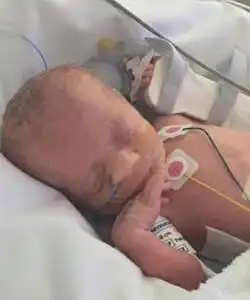
These identical twin boys were born at 34+1 weeks in 2017. They shared a placenta but had an unequal share, so one was 3lbs (1360 grams) at birth and the other 4lb, 3oz (1899 grams). They both went into Special Care straight after they were born.
The bigger twin just to help him regulate his temperature. He was back with his mom within a few hours after birth. The smaller twin was there just to gain weight, he had to be 4lbs (1814 grams) before he could come home.
The doctors were pleased with how healthy they both were. The smaller twin came home from special care after two and a half weeks.
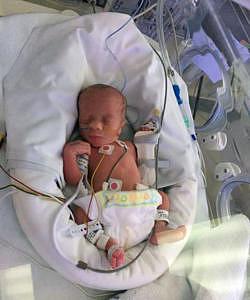
These fraternal boy-boy twins were born at 34+2 weeks. They were born via planned c-section due to growth issues with twin a. They weighed 3lb, 14oz (1757 grams) & 4lb, 6oz (1984 grams) at birth.
They stayed in the NICU for 2 weeks to wean into bottles and grow. Twin 2 had slight jaundice, he was under a light for 2 days. Other than that, there were no complications, and the boys have no long term health issues from being born premature.

These mo-di twin boys were born at 34+0 weeks. One twin weighed 4lb, 12oz (2154 grams), the other twin weighed 3lbs, 6oz (1530 grams). Baby a was 5 days in the NICU, and baby b was 14 days in the NICU.
They didn’t have any major issues, they just needed to grow and gain weight which they did really fast. Their mother had betamethasone shots before delivery, maturing the lungs of the babies. They didn’t have any breathing issues.



